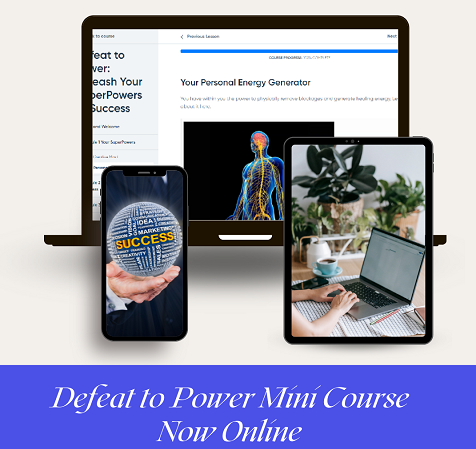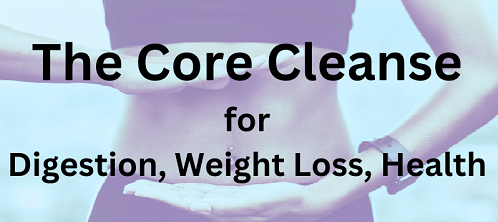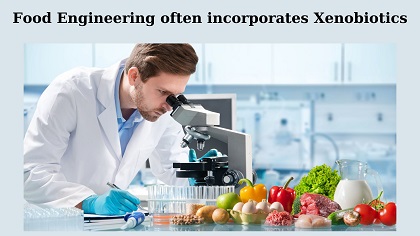| Back to Back Issues Page |
 |
|
Is Food Addictive? July 02, 2024 |
Is Food Addictive?The topic of food addiction is not popular among most researchers and nutritionists, mainly because we need food to survive, and claiming that food is addictive is akin to claiming air for breathing is addictive. Because there is no universal clinical definition of food addiction and it is not found in the DSM-5 manual of clinical mental disorders, the is no "true" food addiction, and the term "addiction" should be reserved for illicit substances. Fortunately, more recent research is revealing that ultra-processed foods are not only causing health issues, but also leading to some loss of control. Let's have a look at the science and see what's really going on.
The Science of Food AddictionSome food sciences seem to help certain people, such as the development of gluten-free foods or lactose-free milk.But the darker side of food science is more predominant, simply because it's more profitable. While a common term and description of food addiction cannot be agreed upon, it is clear that certain foods trigger addiction-like behaviors. And while not as overtly life-destroying as illict drugs, the impact on the overall health of the general population cannot be ignored with the drastic rise in cancers, obesity and diabetes, all of which are expected to continue to rise to alarming numbers by the year 2030. It's no secret that excess sugars, salt and fat are added to foods to trigger sensory and pleasure receptors. It is well know that just combining two of the three in any combination quickly activates the brain's reward centers. A 2021 study showed that "ultra-processed foods alter the neurobiological reward pathways involved in eating behaviors" and people who partook in binge eating binged 100% on ultra-processed foods. (Ayton et.al., 2021) Terms like "vanishing calorie density" are used in the food industry to describe foods that quickly dissolve in the mouth, thus tricking the brain into believing the food lacks calories. The idea is to create "maximum bliss but minimal guilt about health," according to Frito-Lay’s chief marketing officer, Ann Mukherjee. Food additives like casein, monosodium glutamate (MSG), high fructose corn syrup (HFCS) and sodium nitrite can elevate the palatability of food, making them highly addictive as they trigger the reward centers of the brain. Ultimately, while it is our choice to what to eat, it's tough to make decisions when we don't know what we're up against. We can begin taking control of our health by avoiding certain foods, mainly highly processed foods (also called fake foods) and those that we know are junk food. If you feel you are addicted to any certain foods, you might take comfort in knowing that it's easier to overcome food addiction than substance abuse. Make a conscious effort to understand what foods trigger cravings, and if you know the food is unhealthy, it is probably due to a designed craving trigger. On the other hand, if you crave what you know to be nutritious foods like fruits, vegetables or "real food" proteins, it is more likely your body/mind informing you of a need for certain nutrients. Conscious eating by keeping a food journal can help you take control of cravings. Check out my page Holistic Nutrition for info on how to enjoy a holistically nutritional lifestlye. Check out these 4 Supportive Strategies to Help Conquer Subconsious Blocks
Learn About the Secret Battle for Your Body and Take Back Your Power
|
| Back to Back Issues Page |
